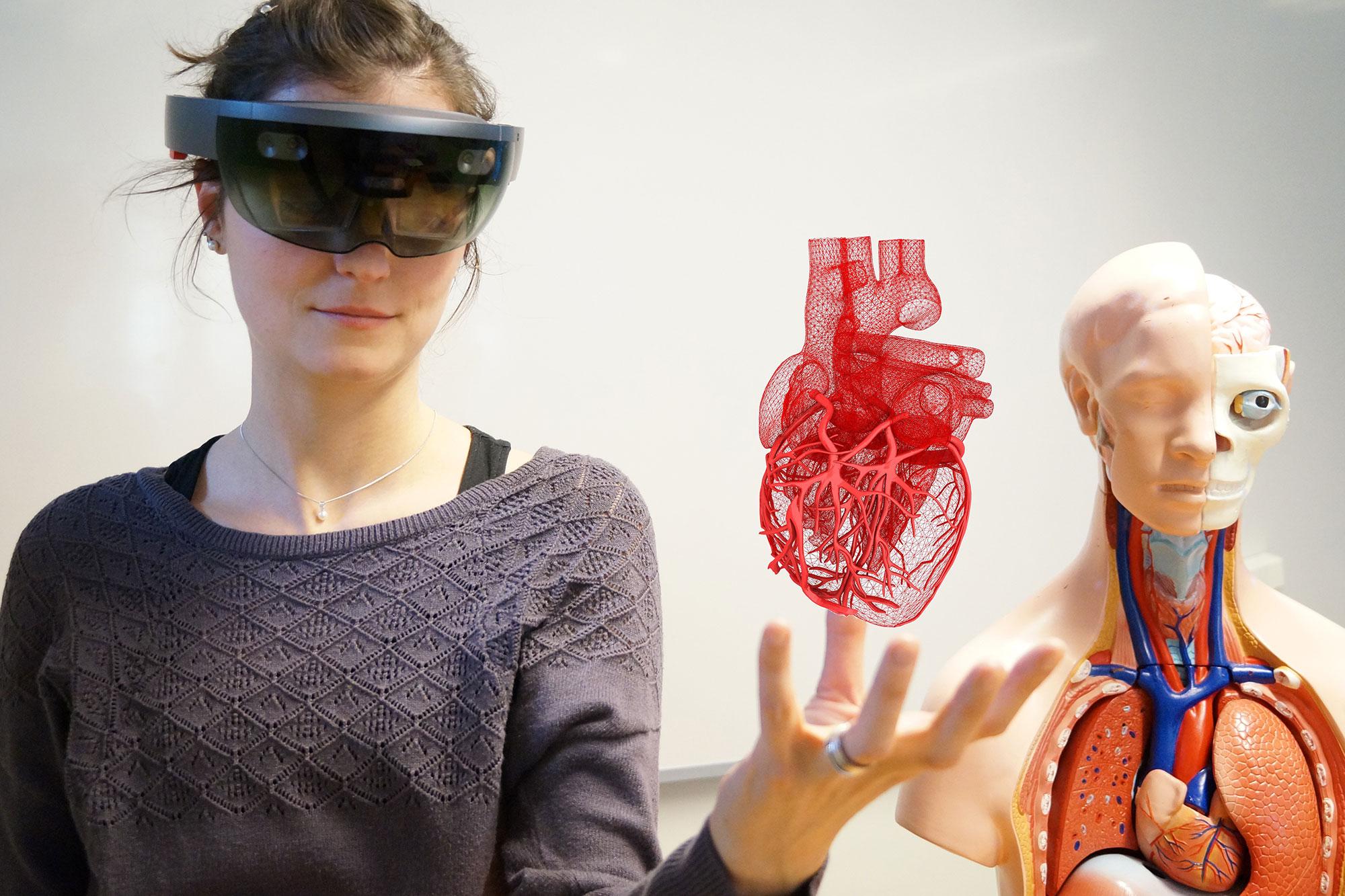The SNSF's priorities for 2025-2028: Strengthening research

Swiss research is at a major turning point. To help it overcome the challenges facing it, the SNSF has set four priorities in its multi-year programme 2025-2028, from international networks to digitalisation.
The environment in which Swiss research takes place is currently in a state of rapid change, and the SNSF intends to support researchers by setting new priorities for the 2025–2028 period. “We need to strengthen international research networks, leverage the full potential of research, act together to create a sustainable future and drive forward the digital transition in science,” explains Matthias Egger, President of the National Research Council.
The multi-year programme still focuses primarily on funding projects on topics chosen by the scientists themselves. Their curiosity drives progress in society and generates long-term benefits for the economy. As the SNSF’s major research funding scheme, project funding will be strengthened during the 2025–2028 period in response to growing demand and in order to increase the salaries of the doctoral students who work on the projects. The SNSF has not aligned them with nominal wage growth in Switzerland since 2014.
We have set four priority areas for 2025–2028:
Strengthening international networks
The uncertainty surrounding the European research environment is threatening Swiss researchers’ ability to take part in international scientific research. As a result, the SNSF’s current approach of funding international cooperation within its overall funding portfolio is no longer sufficient. We are proposing additional measures to overcome the threat of isolation, particularly by improving support for cross-border collaboration, funding international consortia and expanding funding to talented young scientists from other countries.
Exploiting the full potential of research
While the SNSF focuses particularly on basic research, it also funds other types of research. We intend to support and improve collaboration between scientists and stakeholders outside academia so that research results can be made use of faster and on a larger scale. We also need to optimise clinical research and, together with Innosuisse, develop the BRIDGE programme to improve the interfaces between research and innovation.
Acting together for a sustainable future
The SNSF is a contributor to the United Nations’ Agenda 2030 by means of its research funding activities and through the way it operates. We are committed to the sustainable development goals that aim to provide a better life for everyone. Although we are already funding various projects in this field, existing funding schemes have reached the limits of what they can achieve. In view of this, we intend in particular to fund transdisciplinary research that is especially effective in supporting sustainable development goals. In addition, scientists and the SNSF itself need to act sustainably.
Advancing digitalisation in research
Science is still only at the beginning of the digital transformation. Increased computing power and the extremely complex models developed using artificial intelligence will create completely new ways of obtaining knowledge. As yet, the research skills required to do so are insufficiently well established in Switzerland, and we intend to promote them by providing a specific offer aimed specifically at young researchers. By supporting open research data and data infrastructure and services, we will create excellent conditions for research.
Continued focus on open funding formats
There are not expected to be any major shifts in the 2025–2028 funding portfolio. The new measures round out the current portfolio that we are successfully using to support research in Switzerland. Open funding formats (projects and careers) with few prescribed thematic or other requirements will continue to account for the largest share – around 80% – of the budget.
Achieving the goals that have been set and implementing the planned measures will require federal contributions of 5.17 billion francs for the 2025–2028 period or a linear budget increase of 3.5% annually. This figure factors in the savings achieved by discontinuing certain existing funding measures, as well as the reserves we will build on at the end of 2024. Project funding – the most important thing for researchers – should benefit as a priority from this linear increase.
At the request of the federal government, we have drawn up a scenario-based multi-year plan and set priorities. The SNSF will definitively prioritise the planned measures by drawing on the dispatch on the promotion of education, research and innovation for the period from 2025 to 2028. All the new goals and measures contribute to one or more overarching issues addressed by the dispatch: equal opportunities, digitalisation, national and international cooperation, and sustainable development.